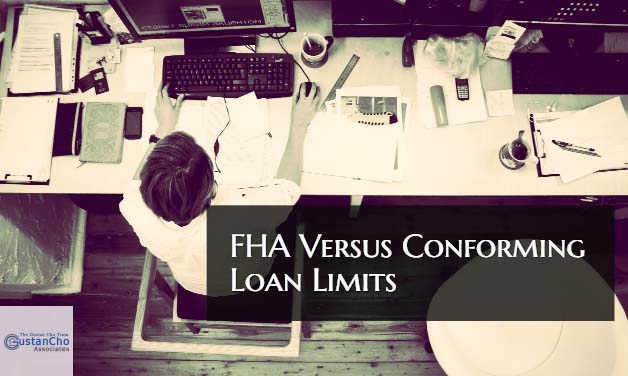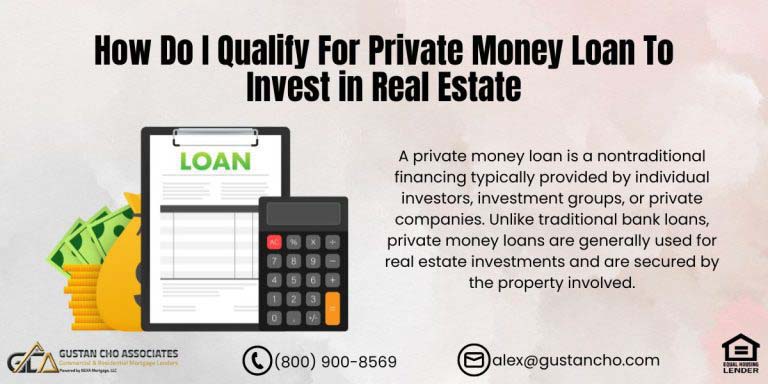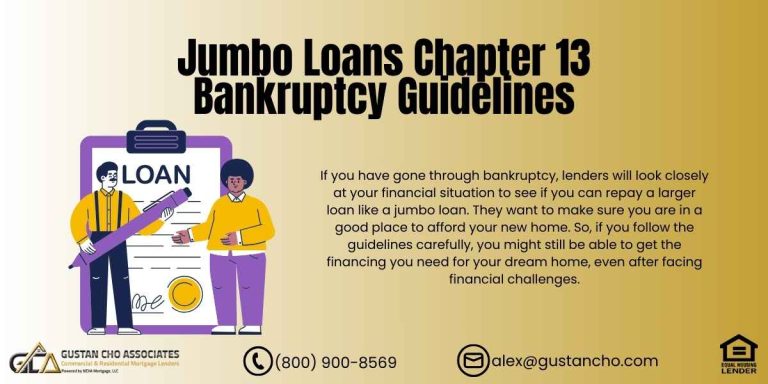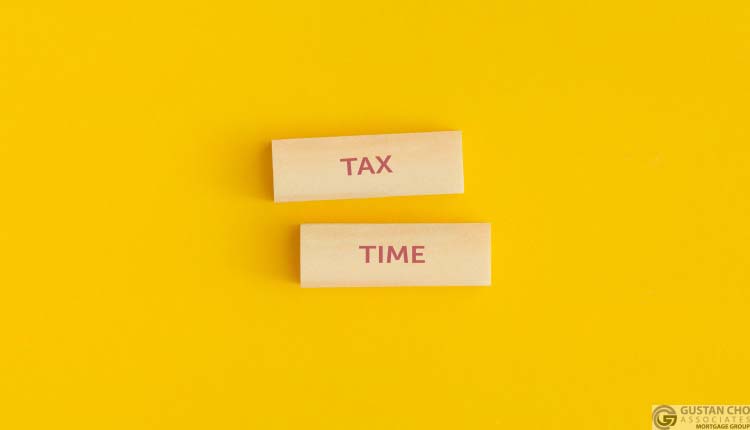This guide covers student loan forgiveness programs and how to qualify for a mortgage. The weight of student loan debt poses a significant challenge for countless Americans, particularly those aspiring to purchase a home. When taking out student loans, it’s essential to carefully consider the terms and conditions, interest rates, and repayment options.
Borrow only what you need to cover your educational expenses and explore scholarships, grants, and other financial aid options before turning to loans.
According to the latest statistics, student loan debt reached $1.77 trillion in 2023, and the Supreme Court has taken steps to prevent it from being eliminated. What impact does student loan debt have on your mortgage eligibility, and what are some methods for loan forgiveness? In the following paragraphs, we will discuss some answers to these questions.
About Student Loans
Student loans are financial aid designed to help students cover higher education costs, including tuition, fees, books, and living expenses. Governments and private financial institutions typically offer them.
In the United States, student loans are a common means for students to fund their education, especially at the university level.
After graduation or when leaving school, borrowers are typically required to start repaying their loans, and the repayment period can vary depending on the loan type and the terms agreed upon during borrowing. Some loans may offer income-driven repayment plans, where the monthly payment amount is based on the borrower’s income and family size.
Types of Student Loans
There are two main types of student loans. The government offers Federal Student Loans, which typically have lower interest rates and more flexible repayment options than private loans. Some common federal student loans in the United States include Direct Subsidized Loans, Direct Unsubsidized Loans, and Loans (for parents or graduate students).
Managing student loans responsibly is crucial to avoid default and negative consequences on credit scores. Loan forgiveness programs may be available for individuals who work in certain public service jobs or qualify for specific forgiveness programs, but eligibility requirements can vary.
Private financial institutions like banks, credit unions, and online lenders provide Private Student Loans loans. Private student loans may have higher interest rates and stricter repayment terms than federal loans. It’s important to stay informed about the latest regulations and programs related to student loans, as the policies and options available can change over time.
How Student Loan Forgiveness Affects Your Mortgage Eligibility
One of the main factors lenders look at when you apply for a mortgage is your debt-to-income ratio (DTI), which is the percentage of your monthly income used to pay your debts. The lower your DTI, the better your chances of getting approved for a mortgage and a lower interest rate. However, if you have a high amount of student loan debt, your DTI may need to be lowered to qualify for a mortgage, or you may have to settle for a less favorable loan term.
Some ways to lower your DTI and improve your mortgage eligibility include obtaining a lower interest rate or an extended repayment period by refinancing your student loans and combining multiple student loans into a single monthly payment through consolidation.
Opting for an income-driven repayment plan (IDR) that adapts the monthly payment according to your income and family size is another way of lowering your student loan payment. Paying off some of your student loans or other debts before applying for a mortgage and increasing your income by getting a raise, a second job, or a side hustle and saving up for a bigger down payment to reduce the mortgage you need.
How Does The Student Loans Forgiveness Process Work
Another way to deal with your student loan debt is to get it forgiven or canceled by the federal government or other entities. Several programs offer student loan forgiveness, depending on your profession, income, or situation. Here are some of the most common ones:
Income-Driven Repayment Plans
If you enroll in an IDR plan, such as Income-Based Repayment (IBR), Revised Pay As You Earn (REPAYE), Pay As You Earn (PAYE), or Income-Contingent Repayment (ICR), your federal student loans balance may be forgiven after 20 or 25 years of payments. Your monthly payment amount is based on a percentage of your discretionary income and may be as low as $0. The recent administration wiped out debt for more than 800,000 people in such plans, delivering them $39 billion in relief. The best part is that the forgiveness is tax-free until at least 2025, thanks to a recent law.
Public Service Student Loan Forgiveness
Suppose you work full-time for a qualifying public service employer, such as a government agency or a nonprofit organization. In such circumstances, you qualify for forgiveness of your federal student loans after ten years or 120 payments through the PSLF or the Public Service Loan Forgiveness program. You must also be enrolled in an IDR plan and make on-time payments. The recent administration made some improvements to the program, such as expanding the eligible employers and loans, simplifying the application process, and granting temporary forgiveness to some borrowers who were denied. The forgiveness is also tax-free.
Teacher Student Loan Forgiveness
For dedicated full-time teachers who serve five consecutive years in a low-income school or educational service agency, the Teacher Loan Forgiveness program offers the opportunity to have up to $17,500 of their federal student loans forgiven. You must have direct loans or Federal Family Education Loans (FFEL) and meet specific eligibility criteria. The forgiveness may be taxable.
Other Student Loan Forgiveness Programs
Other federal and state programs offer student loan forgiveness for particular professions or situations, such as:
- Nurses
- Doctors
- Lawyers
- Military personnel
- AmeriCorps, Peace Corps, or other volunteer service members
- Victims of identity theft or fraud
- Borrowers with permanent disabilities or death
You can check out this list of student loan forgiveness programs by state or use a tool by Student Loan Hero to find out if you qualify.
Working With an Expert Loan Officer
Student loan debt can make getting a mortgage and buying a home harder, but there are ways to lower your DTI ratio and improve your chances of getting approved. Depending on your profession, income, or situation, you can explore various options to get your student loans forgiven or canceled by the federal government or other entities. However, before applying, you should always read the fine print and understand any forgiveness program’s eligibility requirements, application process, and tax implications.









